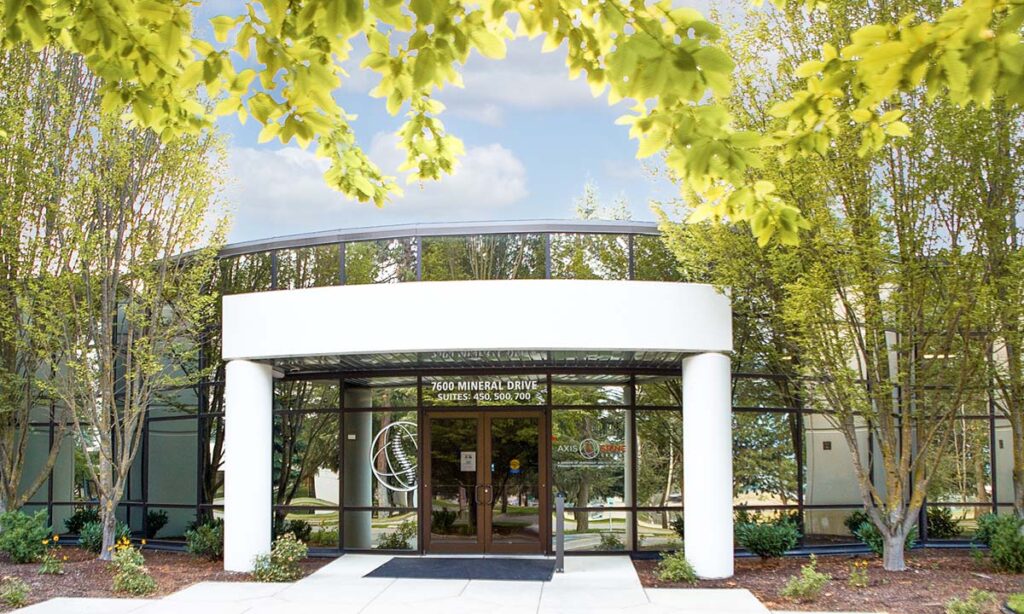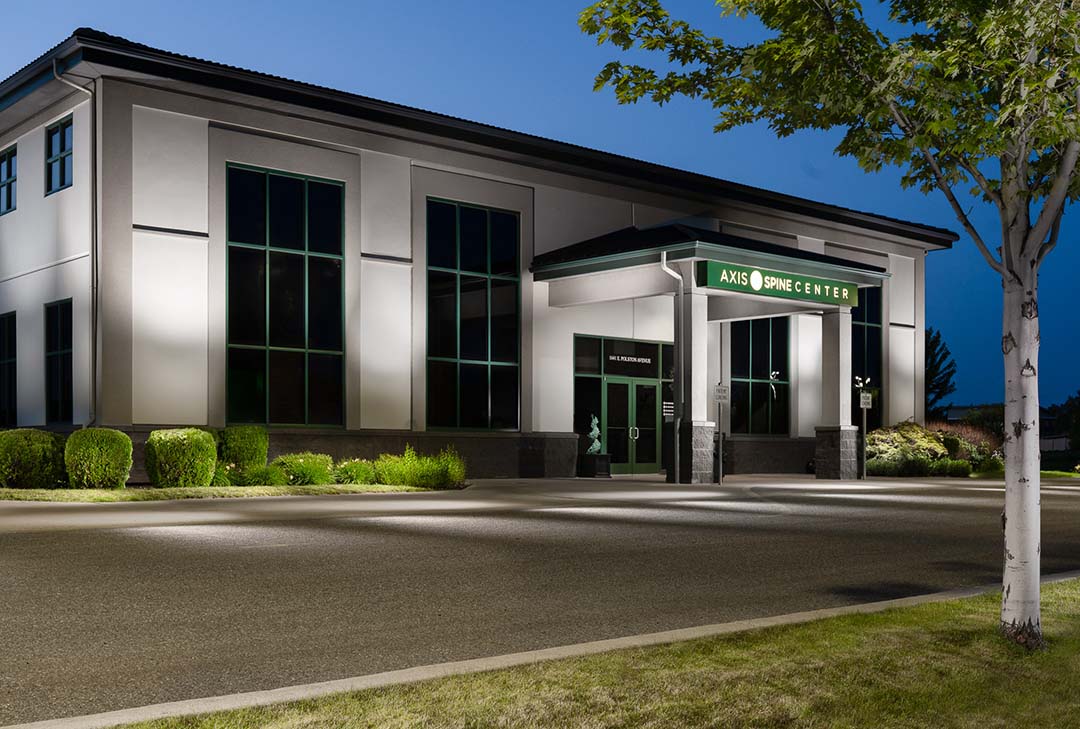Pain Awareness Month
About Pain
Pain is the body’s warning signal that something is not right. When painful symptoms first arise, patients and their health care providers work together to see if they can identify and address the underlying cause. For many conditions and injuries, however, there is no precise medical or surgical cure. As time passes, in addition to other diagnoses or even without an identifiable cause, patients may be diagnosed with chronic pain. Treatment goals will then shift from resolving the pain to reducing and managing it.
Typically, pain is considered chronic when it persists for six months or more. But for some patients, chronic pain can last for years or even a lifetime. There are many possible causes for long-term pain, including injuries, such as involvement in a car accident, or underlying disorders or diseases, like fibromyalgia or arthritis.
The type of pain experienced can be as varied as the reasons behind it. Pain can be felt as a burning, stabbing, aching, pulsing, and many other sensations. These sensations can occur anywhere in the body and can range from mild to severe, from intermittent to continuous, and from distracting to disabling. Over time, chronic pain can become a disease in and of itself, creating notable changes in the body, particularly the nervous system.
Because each individual person with pain is so unique, it can be challenging to manage pain effectively. There is no one-size-fits-all approach to treatment, and pain management is usually aimed at reducing pain, not eliminating it. Working alongside health care providers, most people with pain will need to engage in a process of trial and error to find a treatment plan that works for them. Typically, successful pain management requires finding a combination of multidisciplinary, multimodal therapies that reduce pain enough to improve quality of life and increase function.
Causes
There are many factors that can increase your risk of chronic pain.
These factors can be environmental or biological, and include:
- Genetics
- Increased age
- Being female
- Having surgery
- Being overweight or obese
- Stress or mood disorders
- Previous trauma
Services
Patient Testimonials
Meet David
“I never would have dreamed. My kid gets married August 1st. Guess what? Guess what? I’m going to dance at my kid’s wedding this year.” – David Boyd
Meet Steve
Steve was an active sailor and outdoorsman when a horrific workplace accident left him with multiple serious injuries and turned his life upside down. After two years and multiple surgeries, Steve is finally able to do the things he loved doing. Learn how Northwest Specialty Hospital and Axis Spine Center were able to help him get back to sailing and his life.
Meet Taylor
“She was one of the first doctors who actually listened to what I had to say…” – Taylor
Meet Virginia
Virginia is a voracious reader and researcher who suffered from debilitating chronic lower back pain. When the time came for Virginia to have her procedure, she chose Northwest Specialty Hospital. That’s because she learned about the research we too have been doing into life-altering new treatments for our patients. As one of the top-rated hospitals in the nation for spine surgery, it is our mission to provide our patients with the best solutions available. That’s how we put patients first.
Innovations in Pain Management
Intracept
Chronic Low Back Pain
Intracept ® is an intraosseous nerve ablation procedure used in conjunction with radiofrequency (RF) generators for the ablation of basivertebral nerves for the relief of chronic low back pain that has not responded to at least six months of conservative care. For more information click here.
Contact

Coeur d'Alene
7600 N. Mineral Drive, Suite 450-A
Coeur d’ Alene, ID 83815
(208) 457–4208 | Phone
(208) 457–4197 | Fax

Post Falls
1641 E. Polston Avenue, Suite 101
Post Falls, ID 83854
(208) 457–4208 | Phone
(208) 457–4197 | Fax

